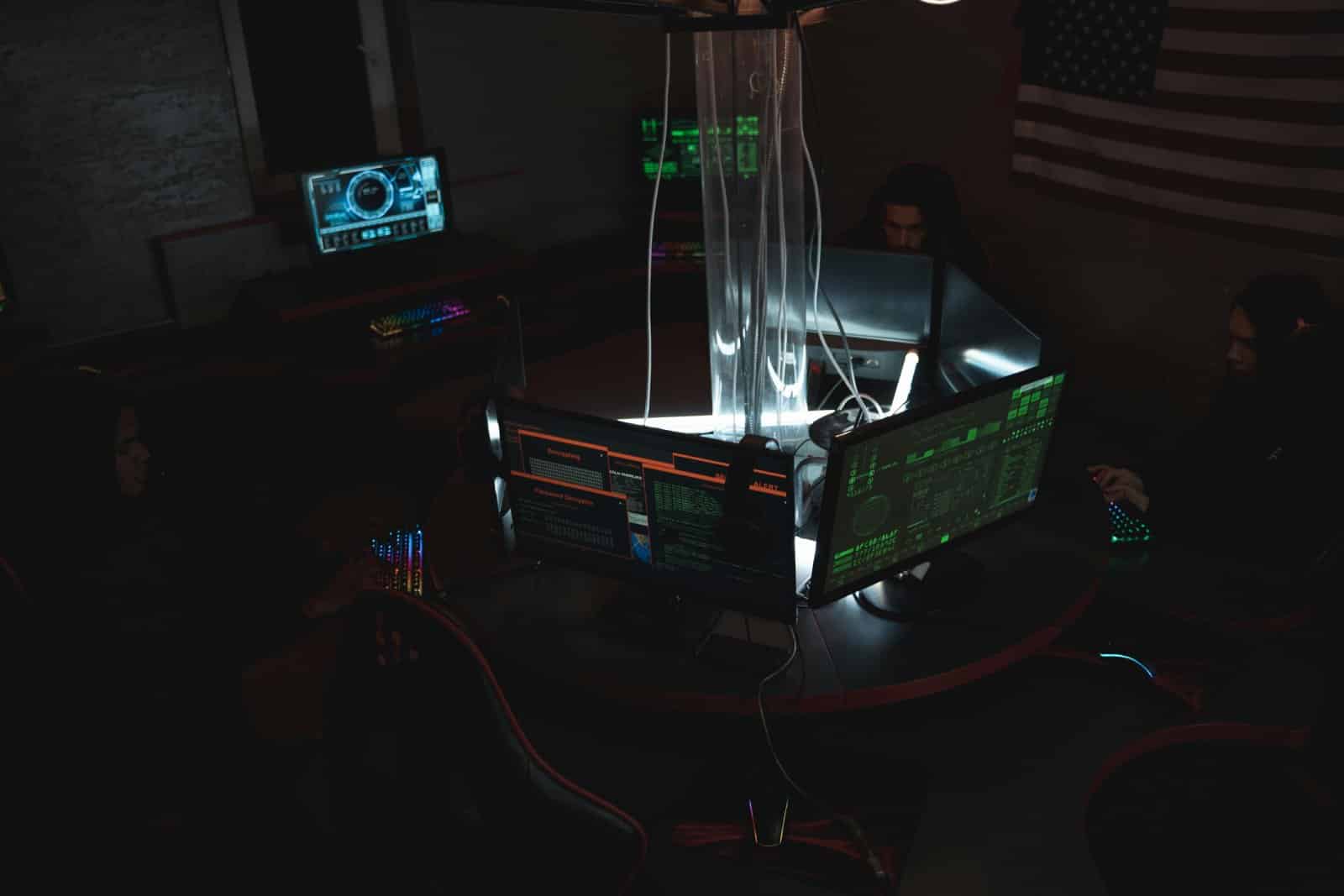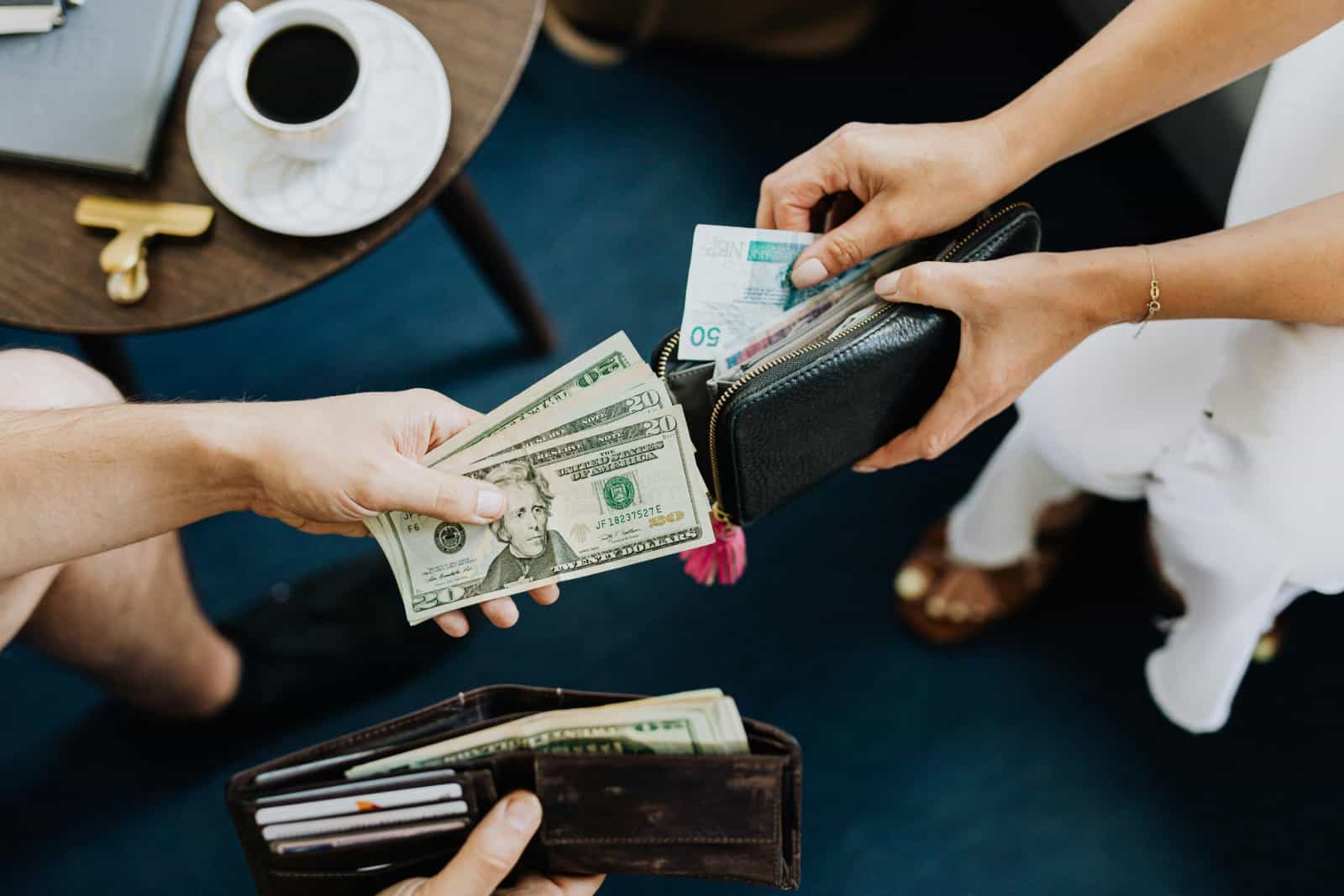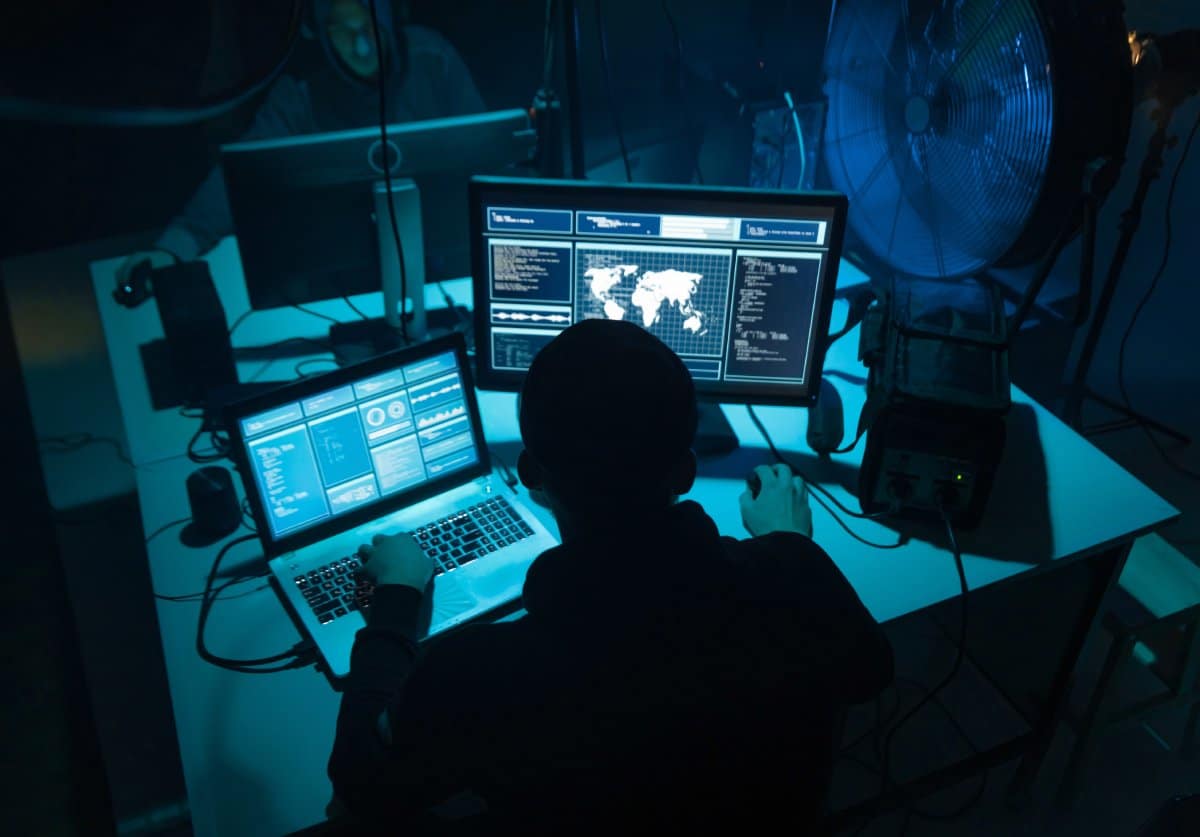The head of an enormous malware network has been arrested, after facilitating billions of dollars worth of cyber crimes in nearly 200 countries.
One of the World’s Biggest Botnets

Federal investigators, with the help of law enforcement agencies around the world, have dismantled one of the largest malicious malware networks in the world, also known as a botnet.
What is a Botnet?

A botnet is defined as a “network of computers infected by malware that are under the control of a single attacking party,” according to the multinational cybersecurity company Palo Alto Network.
19 Million IP Addresses Affected

The US Department of Justice confirmed that the network had contained over 19 million IP addresses that were used to carry out a series of cyber crimes around the world, including fraud and identity theft, among others.
911 5S

The “single attacking party” who created and controlled the botnet, known as “911 S5,” was arrested on Friday.
The Perpetrator Detained

The DOJ confirmed his identity as Yunhe Wang, a 35-year-old Chinese national, who is also a dual citizen of St Kitts and Nevis.
190 Countries Affected

His crimes extended to more than 190 countries and included tens of thousands of transactions that generated billions of dollars illegally.
“An Infrastructure Highway for Crimes”

FBI cyber division deputy assistant director Brett Leatherman described Wang’s botnet as “an infrastructure highway for carrying out crimes such as bomb threats, financial fraud, identity theft, child exploitation, initial access brokering, and many other computer crimes.”
8 Years Long

The cyber crimes were committed between 2014 to 2022 and used 150 different servers in various countries.
Selling VPNs

His scheme was executed by selling Virtual Private Network (VPN) programs and other pay-per-install internet services that then installed malicious software on personal computers once they were installed.
Sold on to Cybercriminals

This malware allowed Wang and other accomplices to co-opt IP addresses remotely, before selling the millions of stolen IP addresses to cybercriminals, which is how he made most of his money from the scheme.
Bypassing Systems for Years

“Cybercriminals have used the 911 S5 service to bypass financial fraud detection systems in the United States and elsewhere and have successfully stolen billions of dollars from financial institutions, credit card issuers and account holders, and federal lending programs since 2014,” court documents read.
Billions in Covid Relief

According to prosecutors the network was also responsible for the IP addresses used to siphon over $5.9 billion in Covid-19 pandemic relief funds.
“Significant Theft Against Americans”

“The majority of the fraud came from fraudulent pandemic relief fund applications,” Leatherman added. “That is a significant theft against Americans who in very difficult times were looking for financial relief related to the pandemic.”
Living Large on Stolen IP

During these years Wang also used the illegally-gained funds to purchase $30 million worth of real estate across the U.S., St. Kitts and Nevis, China, Singapore, Thailand, and the United Arab Emirates.
Four Counts of Conspiracy

Wang has been convicted on four conspiracy charges, including conspiracy to commit “substantive” computer fraud and money laundering. He could face up to 65 years in prison.
A Free Agent

The DOJ has also confirmed that Wang’s network was unlikely to be tied to any nation-states, and was instead created solely for personal financial gains.
$99 Million in Personal Profits

Altogether prosecutors believe that Wang netted over $99 million in personal profit through stolen IP addresses which were then laundered through American banking institutions. $60 million in assets, including property and luxury items, have been seized.
Sanctioned by the Treasury Department

The US Treasury Department has now sanctioned Wang, two suspected accomplices, and three companies controlled by Wang: Spicy Code Company Limited, Tulip Biz Pattaya Group Company Limited, and Lily Suites Company Limited.
Justifiable Concerns

While it is a considerable achievement by law enforcement, the case has only emphasized concerns over large-scale cybersecurity threats, particularly those backed by foreign powers such as China and North Korea, amongst others.
“The Justice Department Will Never Stop Fighting”

“This case makes clear that the long arm of the law stretches across borders and into the deepest shadows of the dark web, and the Justice Department will never stop fighting to hold cybercriminals to account,” said Attorney General Merrick B Garland in a public statement on the case.
Remote No More: 19 Companies Returning to the Office

As the pandemic wanes, companies are recalling remote workers back to the office, sparking debates on fairness, costs, and convenience. However, there are also notable productivity, coworking, and mental health benefits to consider. Feeling the effects of these changes? Remote No More: 19 Companies Returning to the Office
8 Costco Must Buys and 8 to Leave Behind

Ever wandered Costco’s aisles, questioning if that giant jar of pickles is a real bargain? Or debated buying tires where you get your rotisserie chicken? Welcome to the definitive guide to Costco shopping—a journey to save money, prevent regrets, and offer quirky insights into bulk buying. 8 Costco Must Buys and 8 to Leave Behind
23 Reasons Texas Is the Next Big Thing

Texas is becoming a beacon of opportunity, blending cultural heritage with economic growth. From its landscapes to its industries, the Lone Star State offers a dynamic lifestyle. Here are 23 reasons why Texas stands out, attracting entrepreneurs, artists, tech professionals, and families seeking new beginnings. 23 Reasons Texas Is the Next Big Thing
15 Top Sites to Sell Your Unwanted Goods Besides Craigslist

Selling your unwanted items can declutter your space and boost your income. While Craigslist is popular, there are many alternatives with unique features and wider audiences. Explore these 15 Craigslist alternatives for selling everything from furniture to electronics, finding the perfect platform to turn clutter into cash. 15 Top Sites to Sell Your Unwanted Goods Besides Craigslist
Work from Anywhere: 19 Companies Still Supporting Remote Work

Tired of commuting and craving work flexibility? You’re not alone. Many companies now offer remote work, benefiting both employees and employers. Ever wondered how this shift could enhance your work-life balance? Work from Anywhere: 19 Companies Still Supporting Remote Work
The post – Feds Crack Down on World’s Largest Malware Syndicate – first appeared on Liberty & Wealth.
Featured Image Credit: Shutterstock / Max Acronym.
The content of this article is for informational purposes only and does not constitute or replace professional financial advice.

